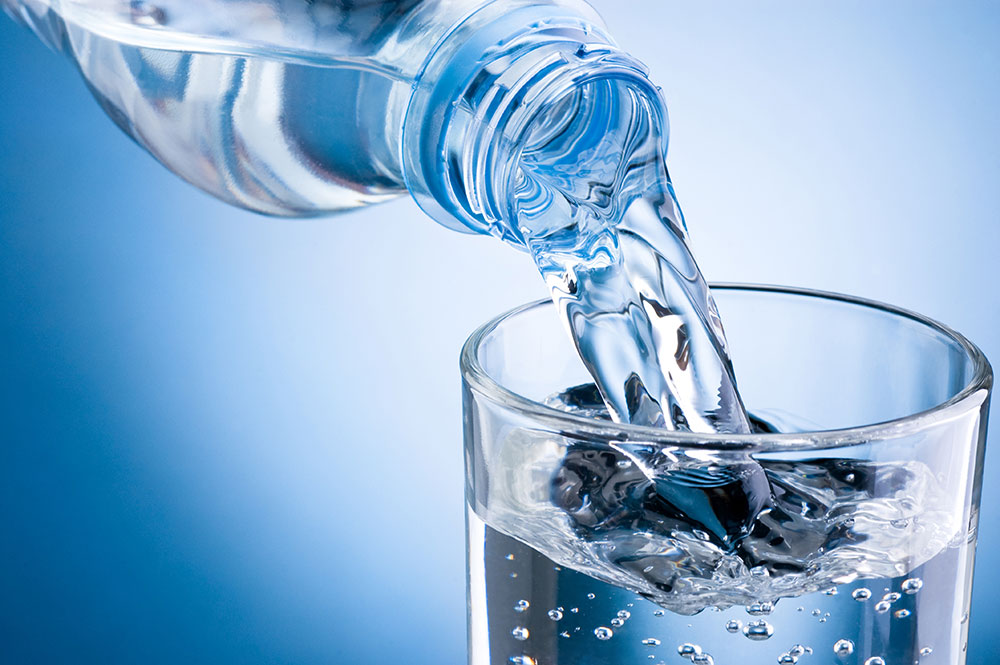The plumbing system is the unsung hero of every home, silently working to deliver clean water and remove waste. However, neglecting plumbing maintenance can lead to costly repairs and inconveniences down the line. By implementing a proactive approach to plumbing maintenance and investing in water softening technology, homeowners can safeguard their plumbing system’s longevity and enjoy a multitude of benefits.
One of the most common plumbing issues homeowners face is clogged drains and pipes. Accumulation of debris, mineral deposits, and grease can restrict water flow, leading to slow drains, backups, and potential pipe damage. Regular maintenance, such as flushing drains with hot water or using enzyme-based cleaners, can help prevent clogs. Additionally, installing a water softener reduces the buildup of mineral deposits in pipes, minimizing the risk of blockages and preserving the integrity of your plumbing system.
Hard water can wreak havoc on plumbing fixtures and appliances over time. Calcium and magnesium deposits can corrode faucets, showerheads, and water heaters, leading to leaks, malfunctions, and premature replacements. Softening water with a water softener helps homeowners protect their fixtures and appliances from the damaging effects of hard water, extending their lifespan and reducing the need for costly repairs or replacements.
Mineral buildup in pipes can restrict water flow, resulting in reduced water pressure and performance. Hard water can also affect the efficiency of appliances such as washing machines and dishwashers, leading to longer cycle times and subpar results. Installing a water softener, homeowners can prevent scale accumulation in pipes and appliances, ensuring optimal water pressure and flow throughout the home. Enjoy stronger showers, faster laundry cycles, and more efficient appliance operation with softened water!
Plumbing emergencies, such as burst pipes or sewer backups, can cause extensive damage to your home and belongings. Regular plumbing maintenance, including inspections, leak detection, and addressing minor issues promptly, can help prevent emergencies from occurring. Additionally, incorporating a water softener into your plumbing system reduces the risk of scale-related damage, such as corrosion and pipe deterioration, minimizing the likelihood of unexpected plumbing failures.
Beyond preserving the plumbing system’s integrity, water softeners improve the quality of water throughout the home. Softened water feels gentler on the skin and hair, lathers more effectively with soaps and detergents, and leaves fewer mineral deposits on surfaces. Say goodbye to dry, itchy skin, and hello to softer, silkier water that enhances your bathing experience. Not only that, but softened water reduces the need for harsh chemical cleaners, promoting a healthier and more eco-friendly home environment.
Water softeners not only benefit your home but also contribute to environmental sustainability. By preventing scale buildup in pipes and appliances, water softeners reduce the need for energy-intensive maintenance and repairs, conserving resources and reducing carbon emissions. Softened water also requires less detergent and soap to achieve the same cleaning effectiveness, resulting in less chemical runoff and environmental impact!
Maintaining your home’s plumbing system is essential for ensuring its long-term functionality, efficiency, and durability. Incorporating regular maintenance practices and investing in water softening technology allows homeowners to protect their plumbing system from the damaging effects of hard water and enjoy a multitude of benefits, from improved water quality and comfort to reduced maintenance costs and environmental impact. Remember to prioritize your home’s plumbing maintenance and consider installing a water softener to safeguard your home’s plumbing for years to come.


